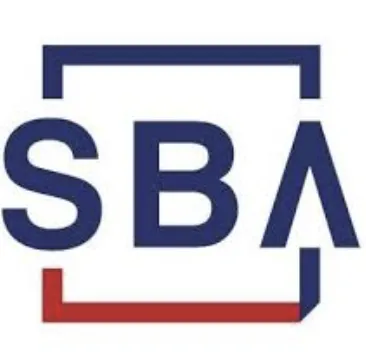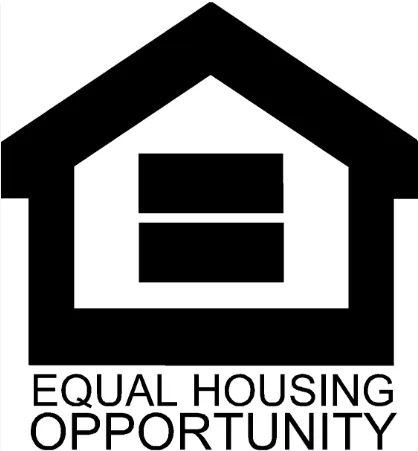May to July Investor Special: Credit over 700 Score for Purchase Loans - Discounted Rate Available!
A Lender You Can Count On
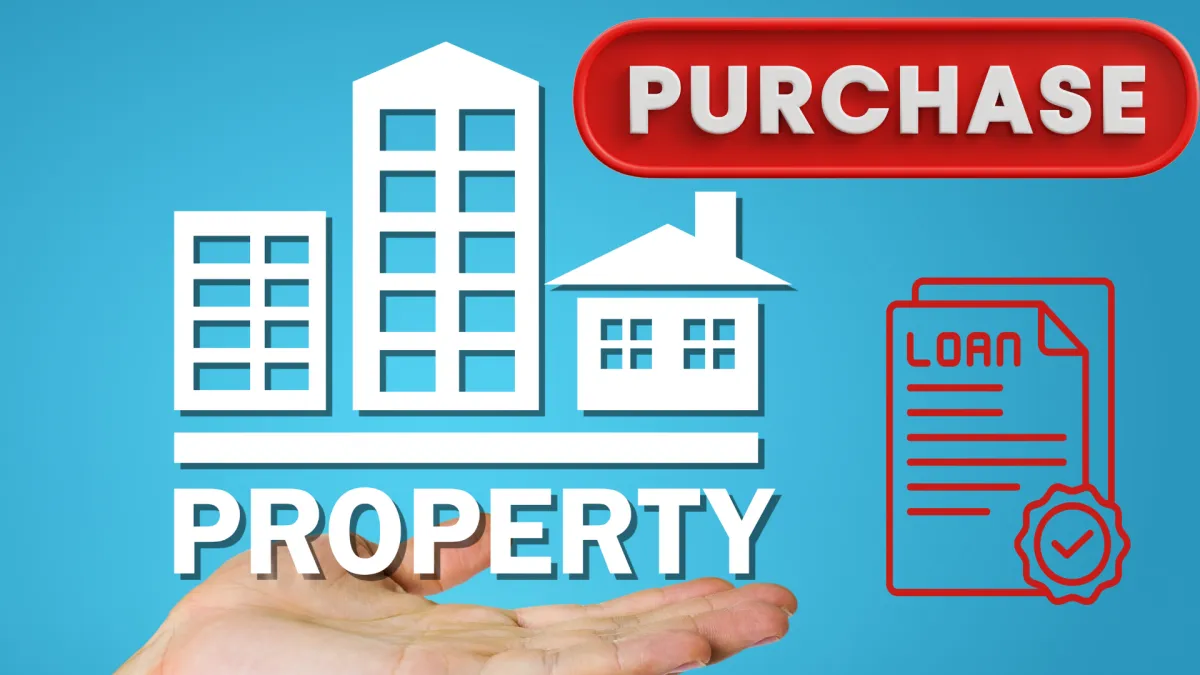
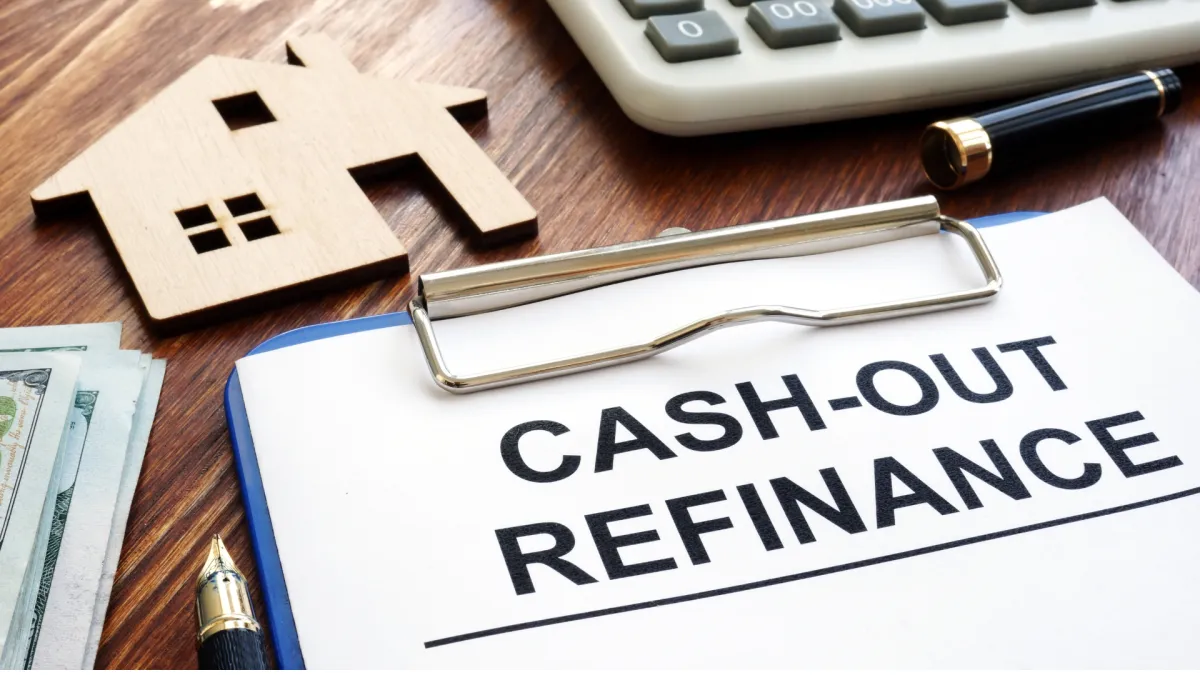
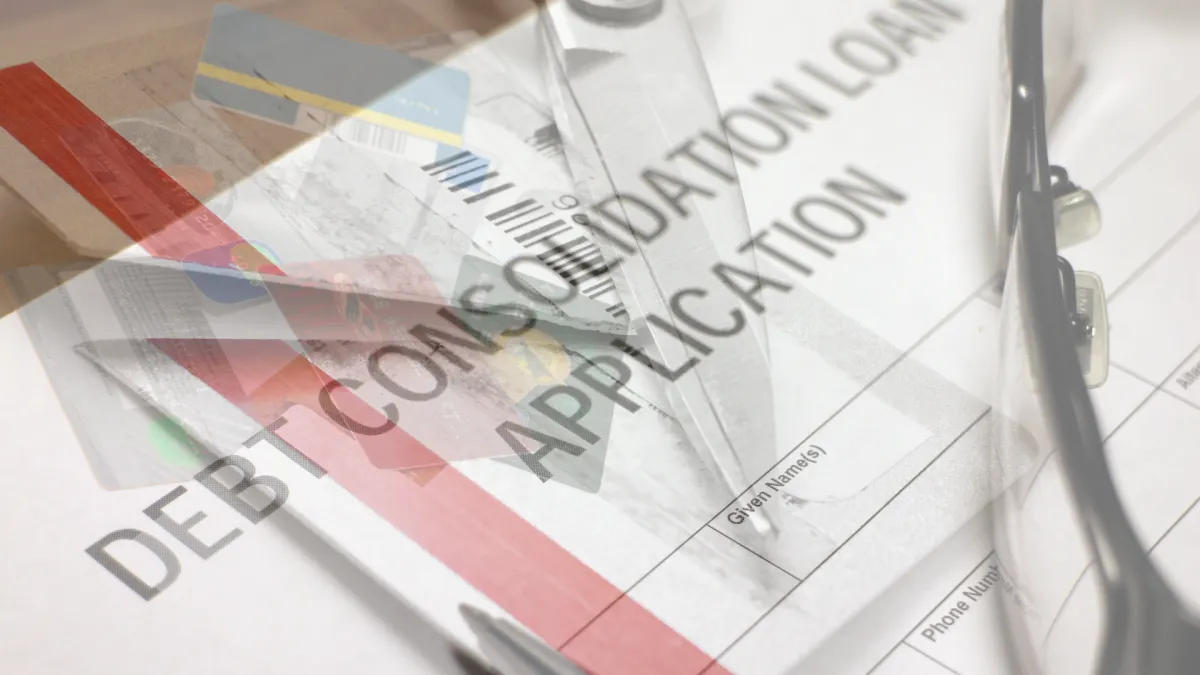
Process
Loan Options
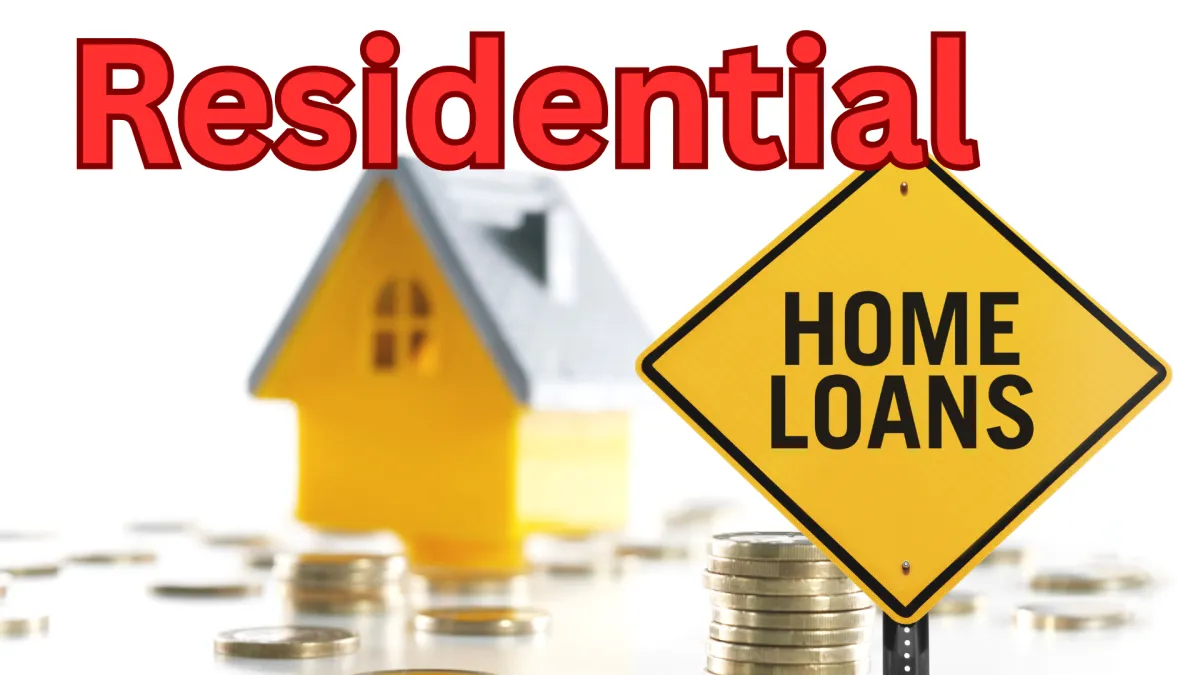
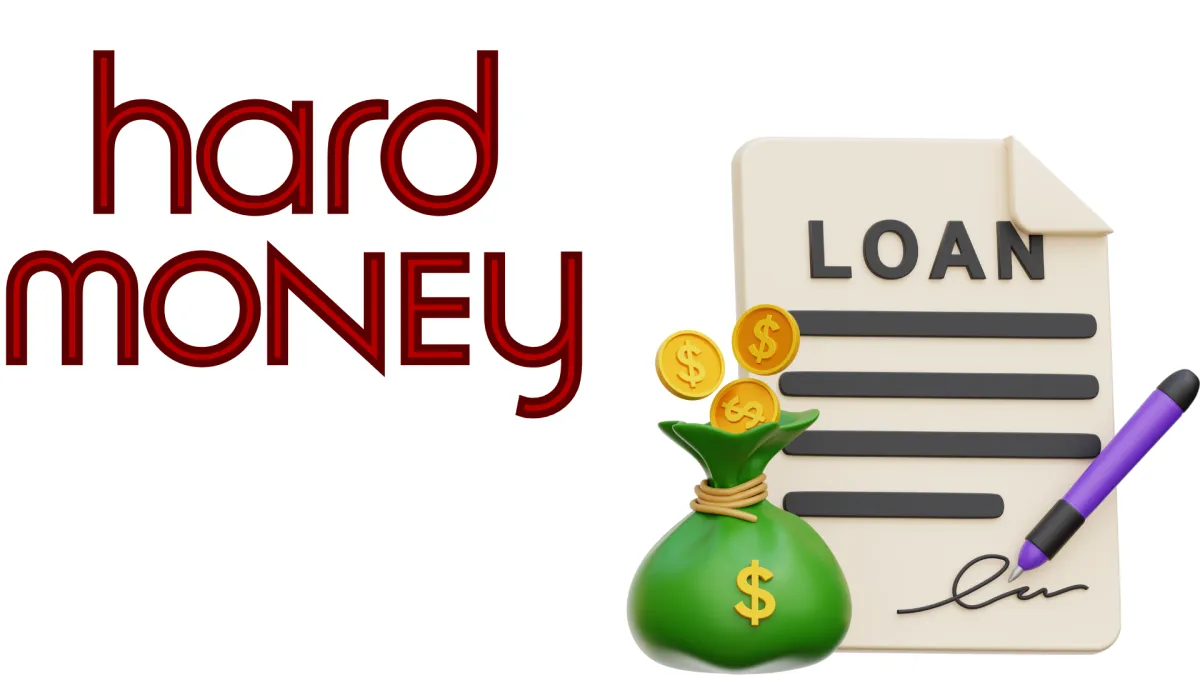
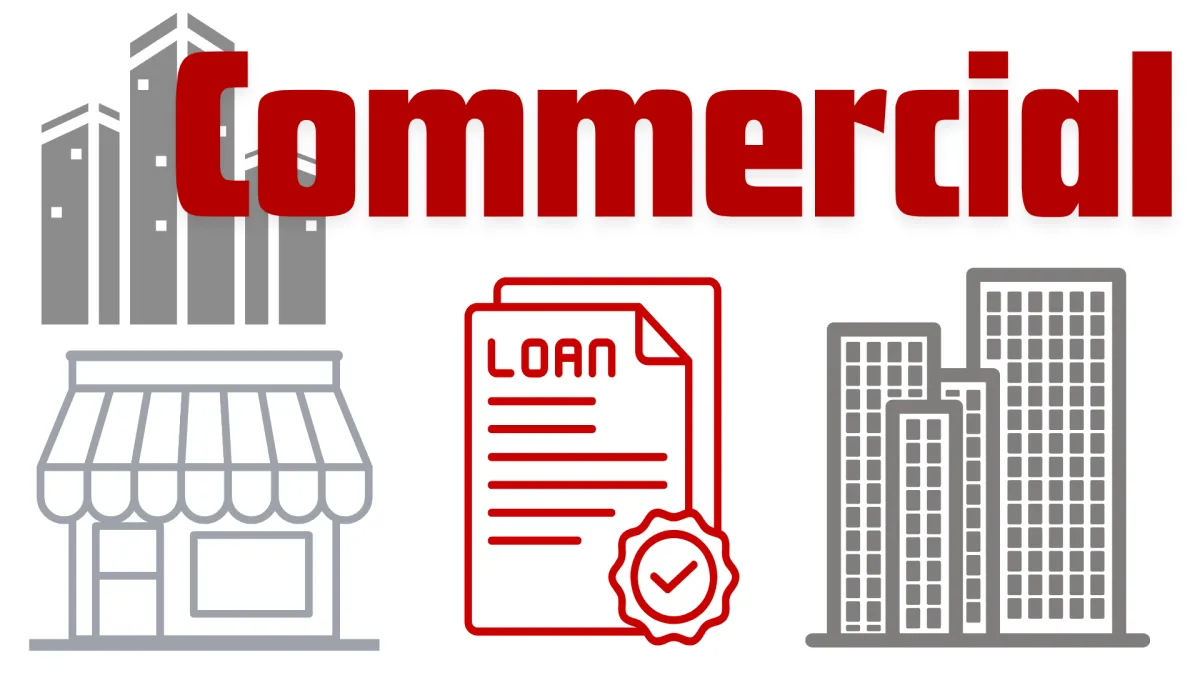
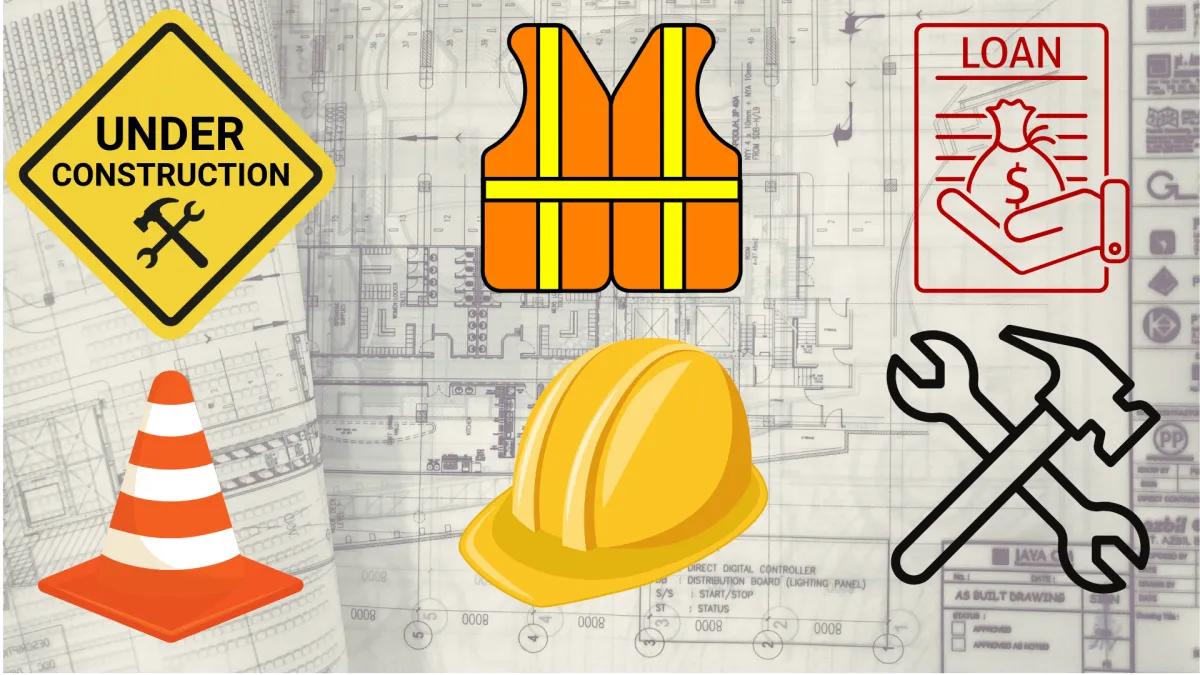

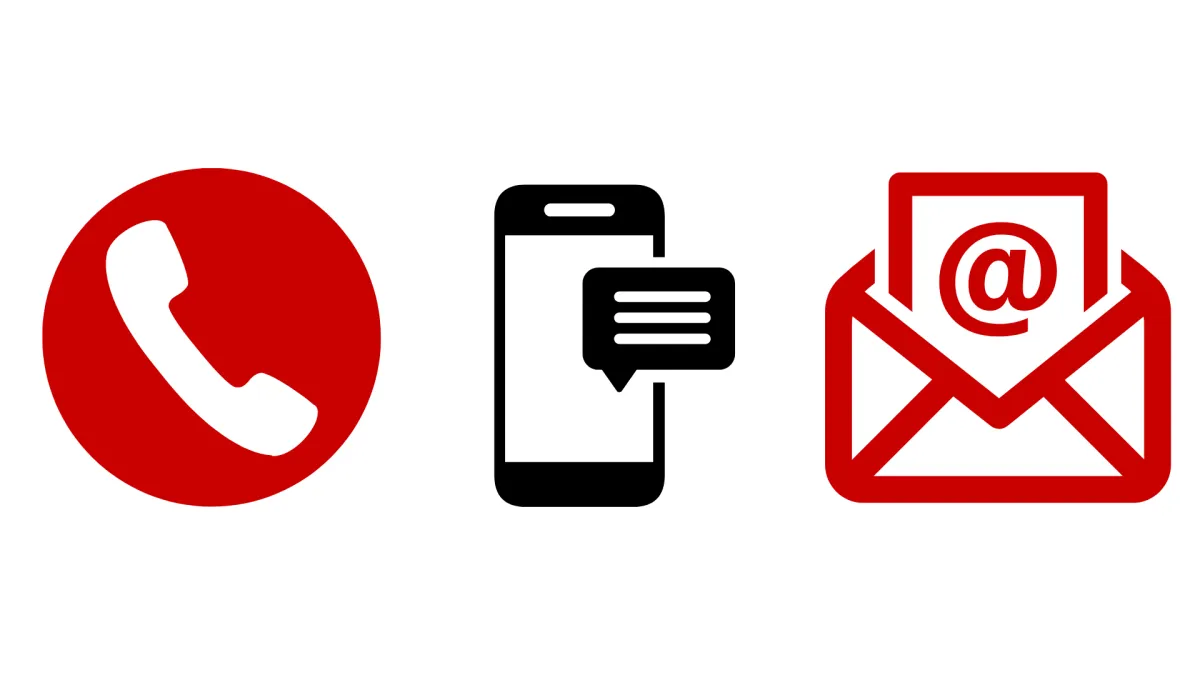
BUild your financial iq
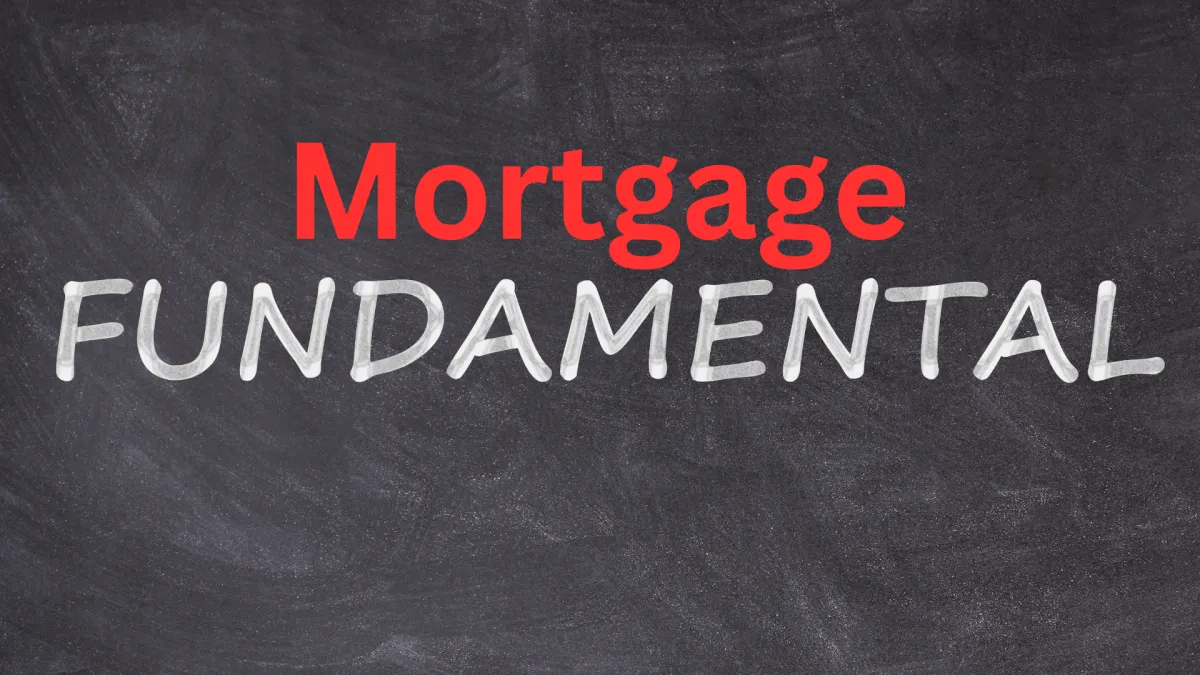

Your Words, Our Mission. Empowered Voices, Real Impact.
She funded my loan in less than 2 weeks. I needed the cash to pay the contractors for my rehabs on my rentals. She is very efficient and pleasant to work with.
Charlie W.
Borrower
★★★★★
Susan went above and beyond getting the loan completed on our purchase. Even on weekends. She is amazing!
Shawn and Karyn B.
Borrowers
★★★★★
Going through a divorce was rough. I needed to get cash out of the property to pay off my spouse. She made it possible where other banks would not help because my credit score is so low. I would recommend her services!
Johnathan
Borrower
★★★★★
She did a tremendous, untiring working hours, she is always on top of our needs! She made our family so happy to have our first home. Thank you, Susan I highly highly recommend her!
Chen Family
Borrower
★★★★★
Our rental property was in default. Thankfully, she was able to bail us out of our situation. We were in such a time crunch. She pulled it off in 7 days. Super appreciative of her.
Erin and Wayne
Borrowers
★★★★★
I want to thank you for getting me loans to buy my 2 fix and flips in the city. Super speedy! You helped me beat my competition. Thanks again!
Mohammed
Borrower
★★★★★


Team Yen Mortgage
Licensed Mortgage Professionals serving Nationwide Programs for traditional First time home buyers, Home Owners and Investors. Programs such as FHA, VA, Conventional government loans. We also niche and specialize in NON-QM products for the Self-Employed, Entrepreneurs, Investors and Retirees. P&L, Bank Statement, Asset Utilization, Crypto Currency Loans.
Talk to an Expert Today.
Company NMLS# 2179191
Yen Capital & Strategic Lending
provides smart financing solutions for real estate investors, developers, contractors and Business Owners. We specialize in Commercial, SBA, Hard Money, Private, HUD Multifamily/Assisted Living Facilities and PACE loans — including Fix & Flips, Fix-to-Rent, and Ground-Up Construction. Our purpose is to empower your growth with fast, flexible capital tailored to your vision. Contact us for a free consultation.
Legal Information
Resources and Support
Join our Team
